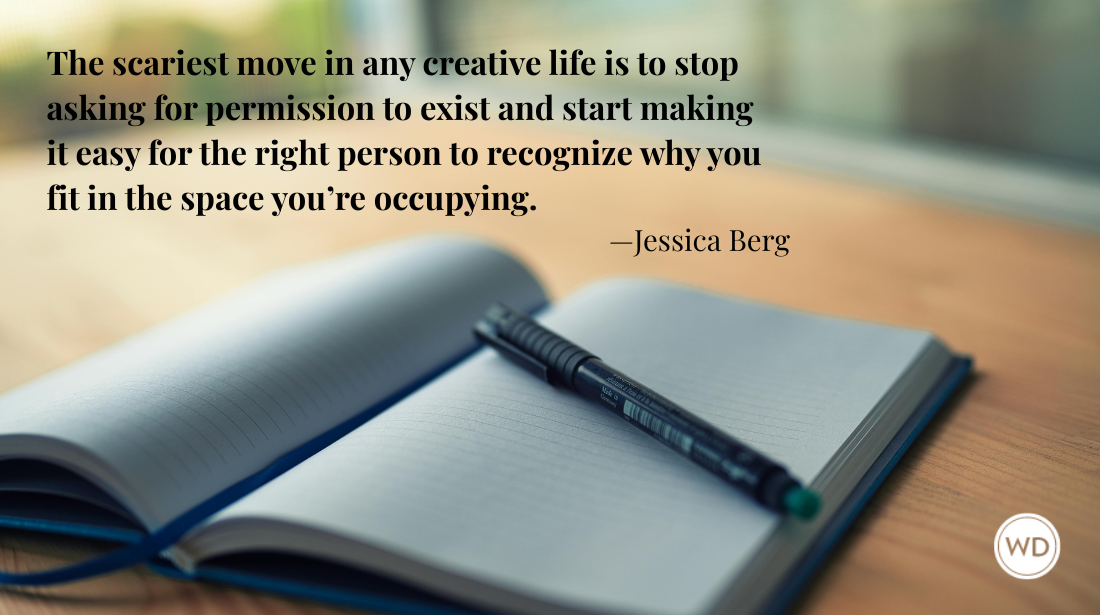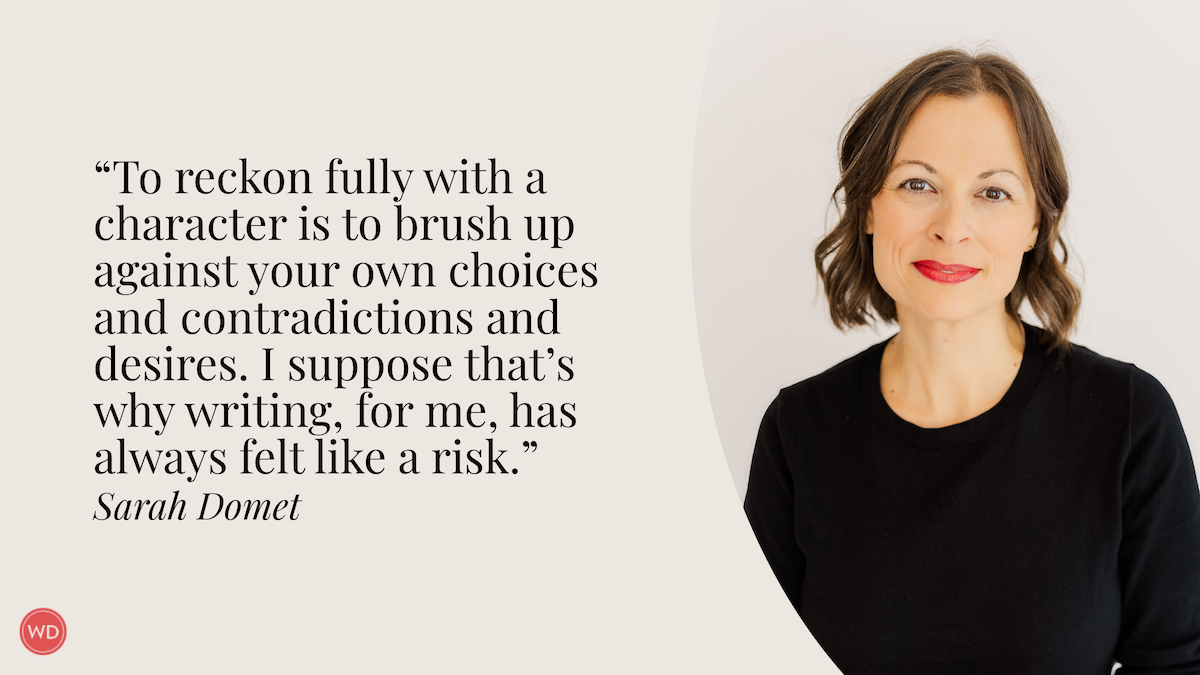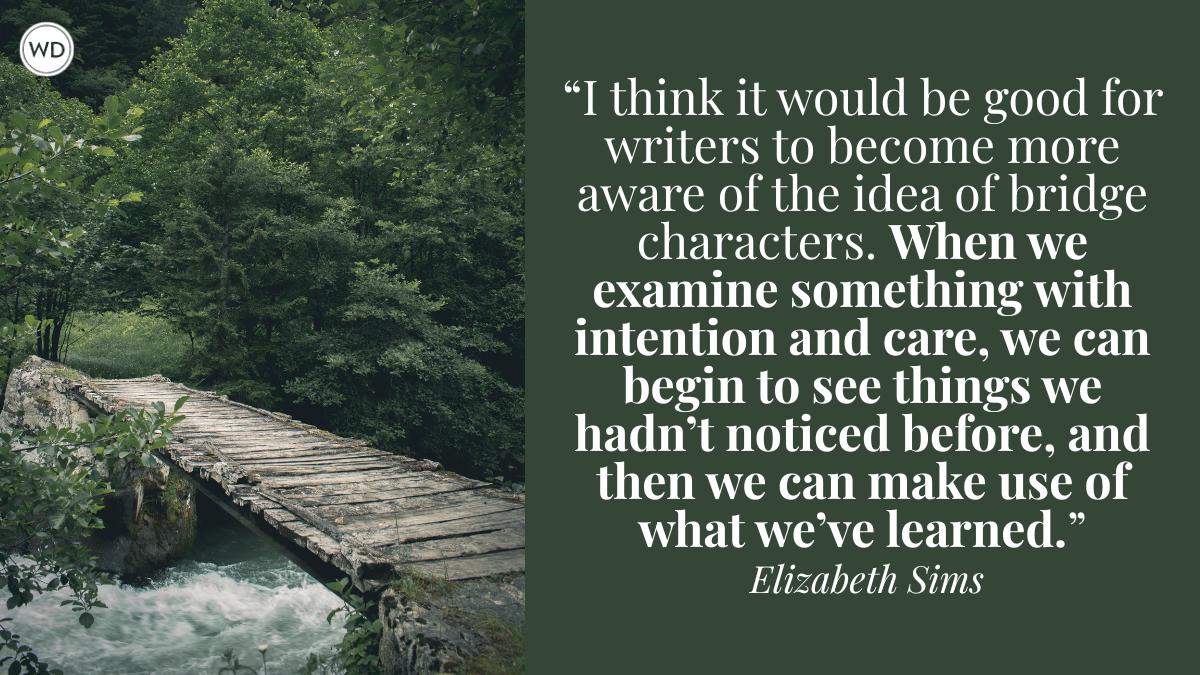Chloe Gong: On Hope in the Midst of Violence
New York Times bestselling author Chloe Gong discusses the power of hope in the midst of violence in her new historical fantasy, Our Violent Ends.
Chloe Gong is the New York Times bestselling author of These Violent Delights and its sequel, Our Violent Ends. She is a recent graduate of the University of Pennsylvania, where she double-majored in English and international relations.
Born in Shanghai and raised in Auckland, New Zealand, Chloe is now located in New York pretending to be a real adult. You can find her on Twitter, Instagram, and TikTok, or check out her website at TheChloeGong.com.
In this post, Chloe discusses the power of hope in the midst of violence in her new historical fantasy, Our Violent Ends, how the writing process differed from her previous title, and more!
Name: Chloe Gong
Literary agent: Laura Crockett
Book title: Our Violent Ends
Publisher: Margaret K. McElderry/ S&S
Expected release date: November 16th, 2021
Genre/category: Historical Fantasy
Previous titles: These Violent Delights
Elevator pitch for the book: After the events of These Violent Delights, there is a new monstrous threat in 1920s Shanghai, forcing ex-lovers Roma and Juliette to work together again. But civil war is also looming on the city, and life as they know it for these two teenaged rival gangsters might be on the verge of complete annihilation.
IndieBound | Bookshop | Amazon
[WD uses affiliate links.]
What prompted you to write this book?
Our Violent Ends is the finale to These Violent Delights, where all the themes that were introduced in the first book get pushed to their height and play out with explosive outcomes. I wanted to write something furious and dark about blood feuds and how violence changes a city, but at the core of it, I also wanted it to be hopeful, where the emphasis is ultimately on love.
How long did it take to go from idea to publication? And did the idea change during the process?
About three years for These Violent Delights, where most of that was waiting for publication time, and then another year to Our Violent Ends. The initial idea came to me before I started college, but I spent the whole of freshman year mostly mulling and mulling and mulling on it. Then, that summer, I wrote it all in about a month or so, and originally that manuscript encompassed both books of the duology because it was lumped together.
After I signed with an agent and sold it, we ended up splitting the manuscript into two books which was a much better choice for the story that I was trying to tell, so the idea itself remained very much the same during the process, but in that time its execution changed a lot.
Were there any surprises or learning moments in the publishing process for this title?
The greatest surprise about launching a sequel is how long the shelf life for one book is. As an author with one release per year, it almost feels like once the newest book is in the process of coming out, the previous book doesn’t exist anymore.
But the opposite is true because the lead-up to the publication of Our Violent Ends only drives more interest in These Violent Delights for people wanting to catch up, or perhaps they hadn’t heard of it yet and it was the marketing for the second one that directed them to the first one.
Were there any surprises in the writing process for this book?
Does it count as a surprise that I thought writing Our Violent Ends was much easier than my debut? *gasps all around* I know, I know—usually the second book is supposed to be harder (and, to an extent, it was because I now had the expectations of readers on my shoulders while the first book was written in a vacuum) but craft-wise, it felt so much easier to pull the story of Our Violent Ends together because I could hit the ground running when we were already familiar with the characters and the world.
So I guess I was most surprised about how nice the experience of writing the book was. I definitely have a preference for writing later books in a series than the first books of a series!
What do you hope readers will get out of your book?
I hope that they close the last page feeling connected to the characters as if these were real friends they were spending time with. I love creating worlds that feel visceral, so when I write I aim to draw out an immersive experience, not only in the setting but in the emotional turmoil that the characters are going through. While Roma and Juliette battle through a place overcome with hatred and try to choose love instead, I hope readers are along for the ride.
If you could share one piece of advice with other writers, what would it be?
Writing is something that develops with practice, and there’s no such thing as failing at writing until that moment you give up. It takes time to get your craft to a place where your stories start looking how you want them to, and your ideas are conveyed in the way that they feel in your head.
There’s no shortcut there and no one can promise to teach you in a quick and easy way. There’s only writing and writing until you are where you want to be.









